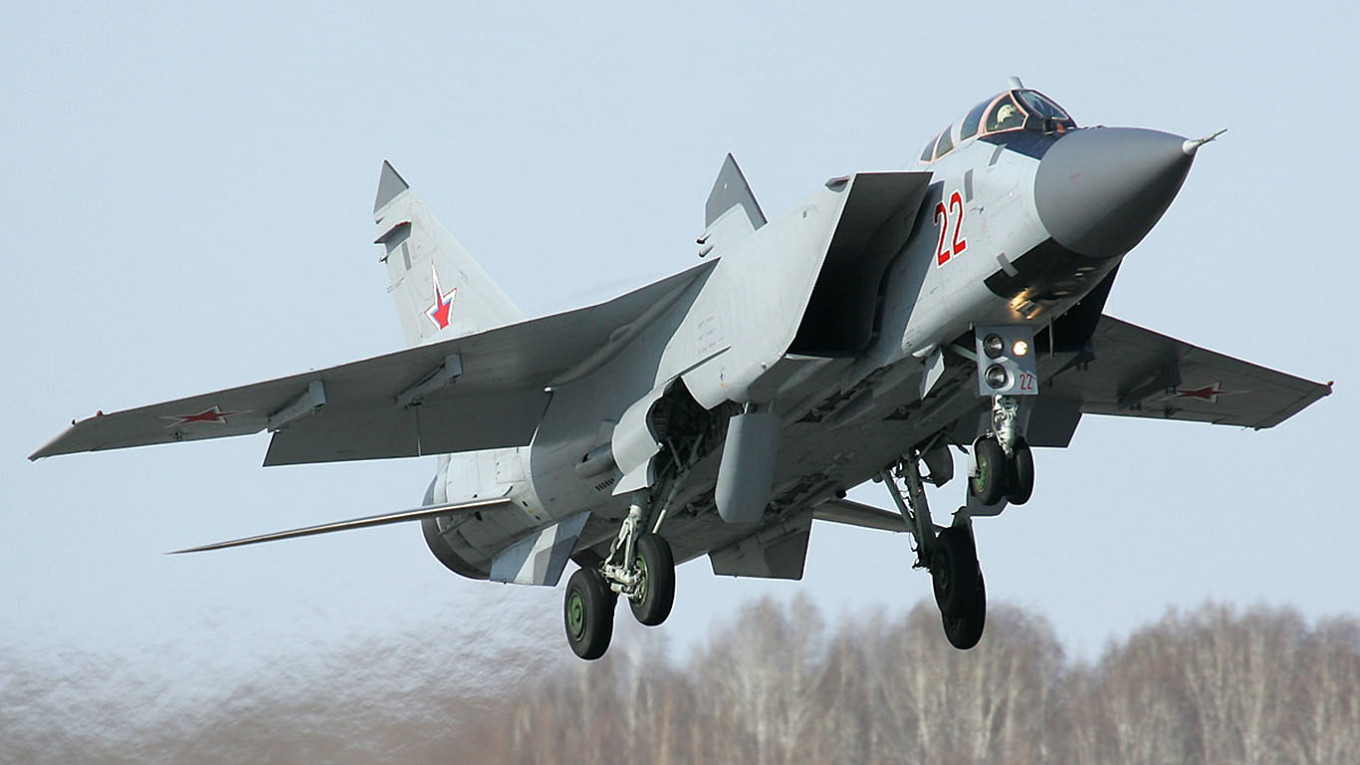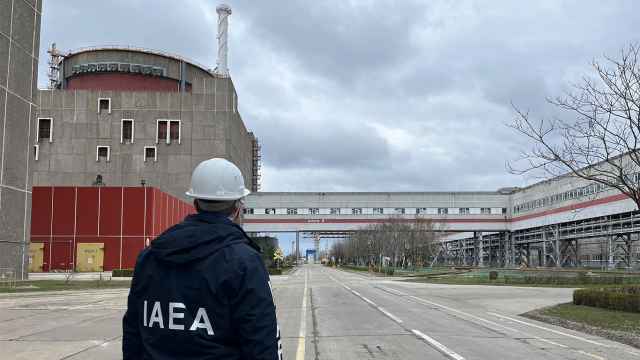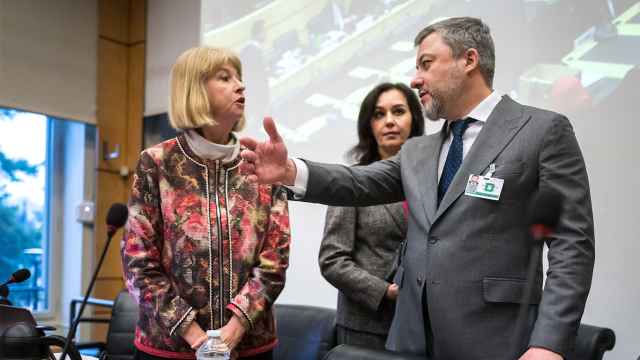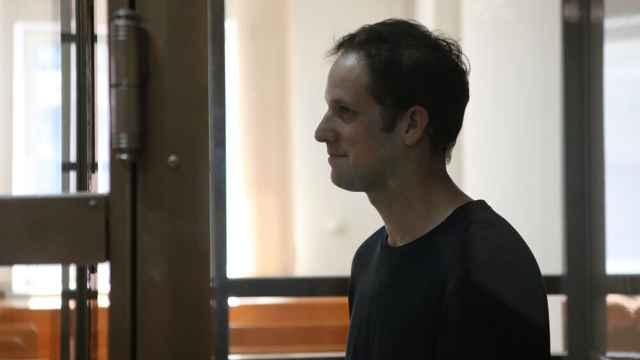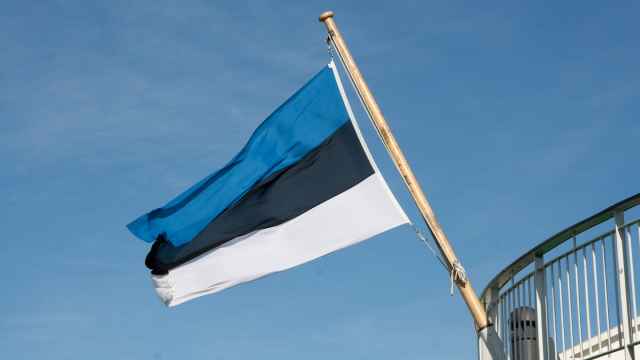The Kremlin on Monday rejected Estonia's accusation that Russian fighter jets violated its airspace last week, hours before the United Nations Security Council was set to meet on the incident at Tallinn's request.
NATO said its aircraft intercepted three Russian MiG-31 fighters on Friday after they crossed into Estonian airspace over the Gulf of Finland. The Western military alliance and the EU called the incursion a dangerous provocation.
Estonian Foreign Minister Margus Tsahkna said the incident was "part of a broader pattern of escalation by Russia, both regionally and globally," adding that "this behavior requires an international response."
Kremlin spokesman Dmitry Peskov told reporters on Monday that Russia's military operates "strictly within the confines of international law, including those pertaining to flights."
Peskov described Estonia's version of events as "empty, unfounded and a continuation of the country's utterly unstoppable policy of escalating tensions and provoking a confrontational atmosphere."
The UN Security Council meeting, scheduled for Monday, marks the first time Estonia has requested an emergency meeting in its 34 years of UN membership.
Separately, NATO ambassadors will hold talks on Tuesday about the airspace violation after Estonia called urgent consultations under Article 4 of the alliance's treaty, a rarely used mechanism that can potentially lead to some form of joint decision or action on behalf of NATO.
Article 4 was last activated earlier this month after Poland said that several Russian drones entered its airspace during strikes on Ukraine, which Warsaw described as an "act of aggression." Moscow denied the accusation.
U.S. President Donald Trump vowed on Sunday to defend Poland and the Baltic states in the event of further Russian escalation. Asked if he would support European allies if hostilities intensified, he told reporters, "Yeah, I would."
Asked whether he had been briefed about the airspace violation in Estonia, Trump told reporters: "We don't like it."
AFP contributed reporting.
A Message from The Moscow Times:
Dear readers,
We are facing unprecedented challenges. Russia's Prosecutor General's Office has designated The Moscow Times as an "undesirable" organization, criminalizing our work and putting our staff at risk of prosecution. This follows our earlier unjust labeling as a "foreign agent."
These actions are direct attempts to silence independent journalism in Russia. The authorities claim our work "discredits the decisions of the Russian leadership." We see things differently: we strive to provide accurate, unbiased reporting on Russia.
We, the journalists of The Moscow Times, refuse to be silenced. But to continue our work, we need your help.
Your support, no matter how small, makes a world of difference. If you can, please support us monthly starting from just $2. It's quick to set up, and every contribution makes a significant impact.
By supporting The Moscow Times, you're defending open, independent journalism in the face of repression. Thank you for standing with us.
Remind me later.


